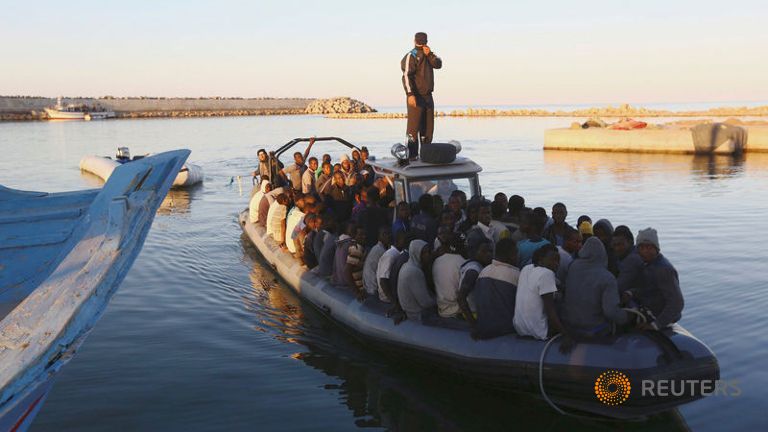
Ghana’s President Nana Akufo-Addo said in his first state of the nation address the economy was in a “bad way” but he would press ahead with a plan to create jobs, cut the budget deficit and improve sustainable agriculture.
Akufo-Addo told parliament on Tuesday a three-year International Monetary Fund programme to stabilise national finances had failed to meet its objectives, and he placed the blame squarely on the government he defeated in elections in December.
The fiscal deficit for 2016 was 9 percent of gross domestic product on a cash basis, rather than the target of 5.25 percent, he said, and estimated growth of 3.6 percent last year was the lowest in 23 years.
He said the government will significantly reduce the deficit in 2017 as part of its goal of ensuring that fiscal stability becomes an engine of growth, reasoning that it would lead to lower interest rates.
“The economy of our country is in a bad way,” he said in a speech to parliament frequently interrupted by cheers from lawmakers from the ruling New Patriotic Party and jeering by the opposition National Democratic Congress.
Just a few years ago Ghana’s economy was one of Africa’s most dynamic, but it was hit hard starting in 2014 by a slump in global prices for its gold and oil exports.
A fiscal crisis saw inflation and the deficit rise sharply and the currency fall, forcing the previous government to enter the IMF programme.
The speech before parliament was Akufo-Addo’s first major address since he was sworn in on Jan. 7, and he outlined a series of priorities in line with his manifesto commitment to cut taxes and stimulate private sector growth.
However, he gave few details on how the government would implement its programme, given that it inherited an economy far worse than it expected.
The issue is important politically because the government faces sky-high voter expectations. Finance Minister Ken Ofori-Atta is due to deliver the annual budget in early March.
Akufo-Addo said the government would build a dam in every village to enable year-round agriculture, start work this year on a railway line connecting the port city of Takoradi to northern Ghana and tackle the problem of joblessness for young people, which he described as a “time bomb”.
By Matthew Mpoke Bigg and Kwasi Kpodo (Reuters)


